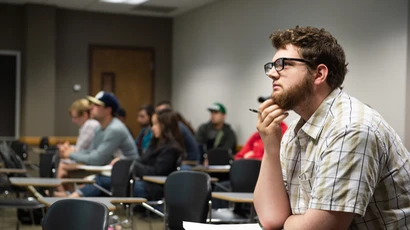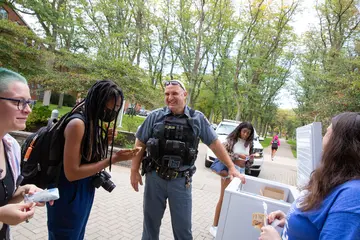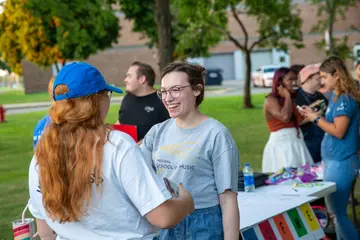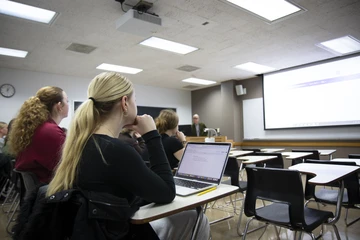Important:
- Students are no longer accepted into this program as of June 5, 2024.
- Students currently enrolled in this program are asked to contact their department chair for a teach-out plan.
The Sociology, B.A. degree provides valuable insights into the human experience and assists in the understanding of human behavior. Sociologists are interested in understanding how people live and interact, in learning how human groups of all kinds (families, Sport teams, religious groups, crowds, large bureaucratic organizations, etc.) operate in a wide variety of situations, and in assessing and evaluating how societies work. Sociology explores assumptions about people, their groups, and their societies. It carefully analyzes problem areas and evaluates possible solutions.
The State University of New York at Fredonia is committed to doing our part to provide each student a clear path to graduation. This four-year degree plan is a sample map for fulfilling requirements in the major, the Fredonia Foundations (FF), and other supporting courses. The pathway that you take to your degree may differ somewhat from this illustration, depending on where you start and the detours and side trips you may take along the way. If you are committed to completing your degree in four years, we encourage you to consider signing up for the Fredonia in 4 program. For complete information about this degree program, please consult the university catalog at www.fredonia.edu/catalog






